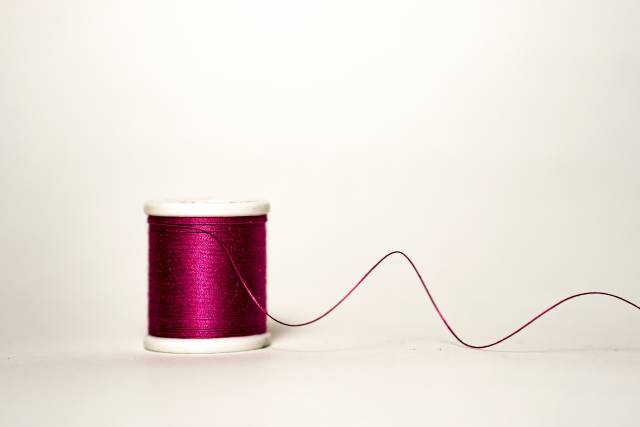Fast fashion is in the way of the transition to a circular economy – in a recent report the British organization WRAP estimated that around £140-million (€ 163 million) worth of clothing is sent to landfill every year in the UK alone. causing CO2 emissions, resource depletion, and pollution, in the production process as well as in the disposal stage.
In a past edition of Sector Watch, we have reported about the Dutch waste management organization Circulus Berkel and their recently opened textile sorting facility that has a strong focus on the sustainable and social reuse and recycling of textiles.
In the interview, Michiel Westerhoff, director of Circulus Berkel, stresses one of the major challenges for the textile sector to become sustainable and circular: Textiles today are not produced for recycling. They contain a mix of synthetic and organic materials, such a polyester and cotton, which improves wearing comfort but makes the material hard to recycle.
The use of polyester in the textile industry has risen from 8.3 million tonnes to 21.3 million, which equals a rise of 175%. These numbers illustrate how crucial it has become for the textile industry to develop better recycling techniques. Most of the mixed material products are still going to landfill or incineration, burdening the environment while becoming unavailable as a new resource.
Innovations in the textile industry are on the way to change this problem and to come up with recycling technologies that allow businesses, including SMEs, to recycle mixed material textiles.
The ‘Tex2Mat’ project is developing a technology that makes use of an enzymatic process, combining mechanic and biochemical separation techniques. The process separates the polyester based components of the textiles from the cellulose, cotton based components. The goal is to make the polyester available for reuse in the textile industry at high quality levels.
Other projects, such as the Relooping Fashion project, have developed techniques to recover the cellulose used in cotton based textiles and reuse it for new textiles while maintaining the quality of the material.
London based startup Worn again technologies has also developed a recycling process that recovers polymers from polyester based textiles. As the company claims, with this technology they are able to separate, decontaminate and extract polyester polymers and cellulose (from cotton) from non-reusable textiles and make them ready to be reused in textile production.
In true circular economy fashion, recycling textiles must come second to designing them to last, reducing overall consumption, and to improving reusability before recyclability. But until all fashion follows these principles, promising recycling techniques can help to recover material that would otherwise get lost in landfills and incinerators.




